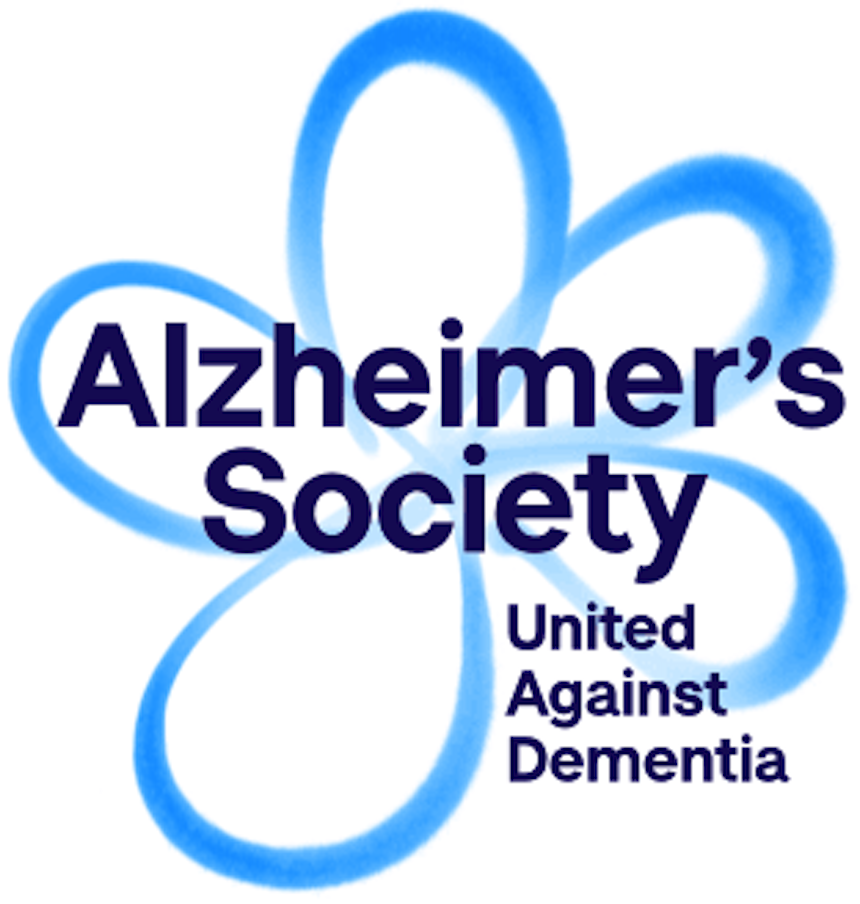Expressions of intimacy and sexuality
Everyone has a need for companionship and physical intimacy, and persons with dementia may display verbal or/and physical sexual advances to some degree. The reason behind the behaviour is not always sexually related, but could be because of confusion. Some sexual behaviour could be because the person has lost her/his inhibitions, doesn’t have any opportunities for sexual expression, is mistaking a person for someone else or the need for touch and closeness. It can be embarrassing and difficult to understand. The person with dementia is often unaware that the behaviour they are displaying is inappropriate or unwelcome. You have to try to accept that their behaviour is changing and try to prevent the person from upsetting other people. Remember that not all behaviour is sexually related. Maybe the person is removing her/his clothes or rubbing the genitalia to indicate that they have to use the bathroom.
Remain calm.
It is important that you try to remain calm when faced with sexually inappropriate behaviour. Try to remember that the behaviour is a consequence of the disease. The person may be unaware that the behaviour is not appropriate because their inhibitions and sense of what is socially acceptable behaviour in public and what is not is lost.Ignore the behaviour if it is appropriate to do so.
Don’t judge or yell.
Try to redirect the person gently. Don’t say “Don’t do that”. Instead remind the person gently but firmly that their behaviour is inappropriate. Provide affection. The person might be anxious or fearful and may be using sexual outlets as a way to get comfort and feel more secure. Maybe it’s really an attempt to give or display affection, and not intended as sexual behaviour at all.
Look for unrelated needs.
Does the person need to go to the bathroom? Or is the person feeling hot? Seeking attention?
Distract with other activities.
Give the person something else to do.
Do not take it personally.
You are not responsible for the behaviour of the person with dementia.
Provide privacy.
Provide privacy for the person if it is a public space.



Comments
Sign in or become a DemiCare member to join the conversation.







